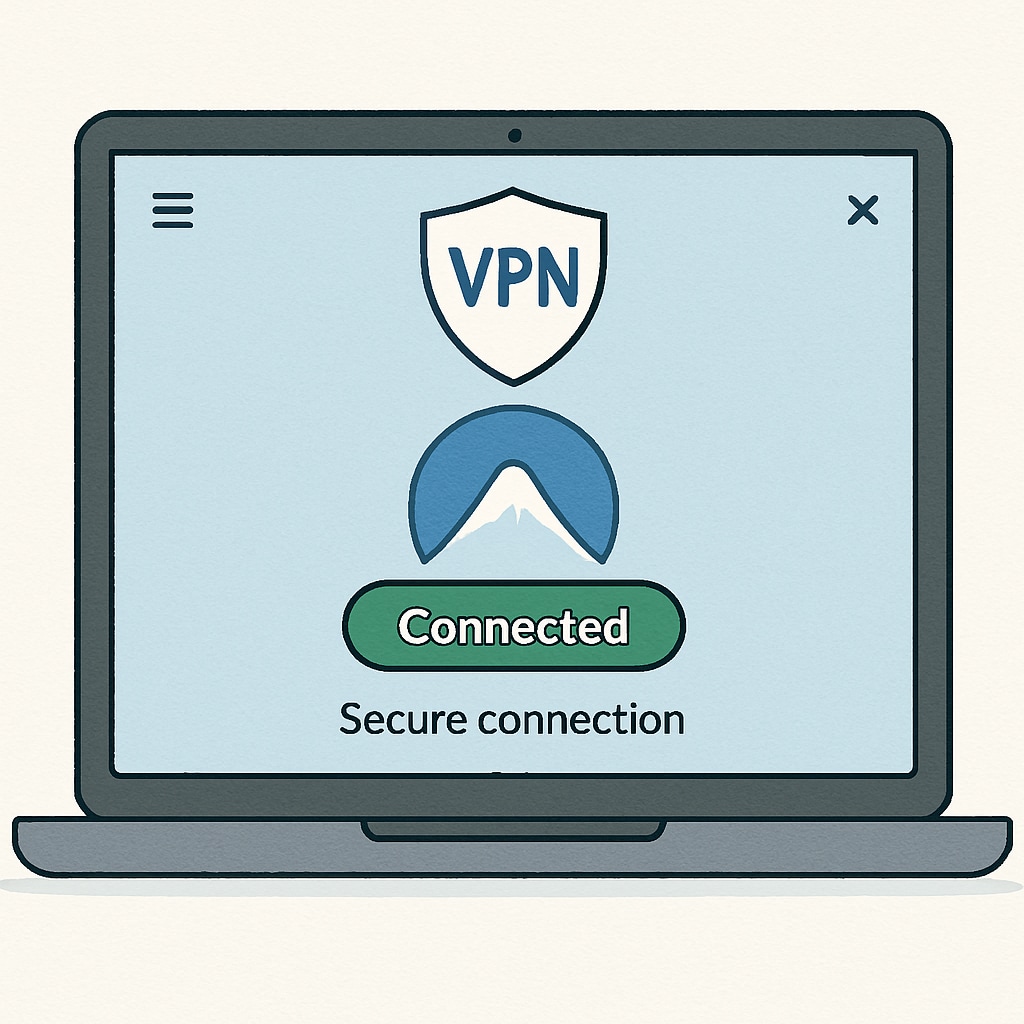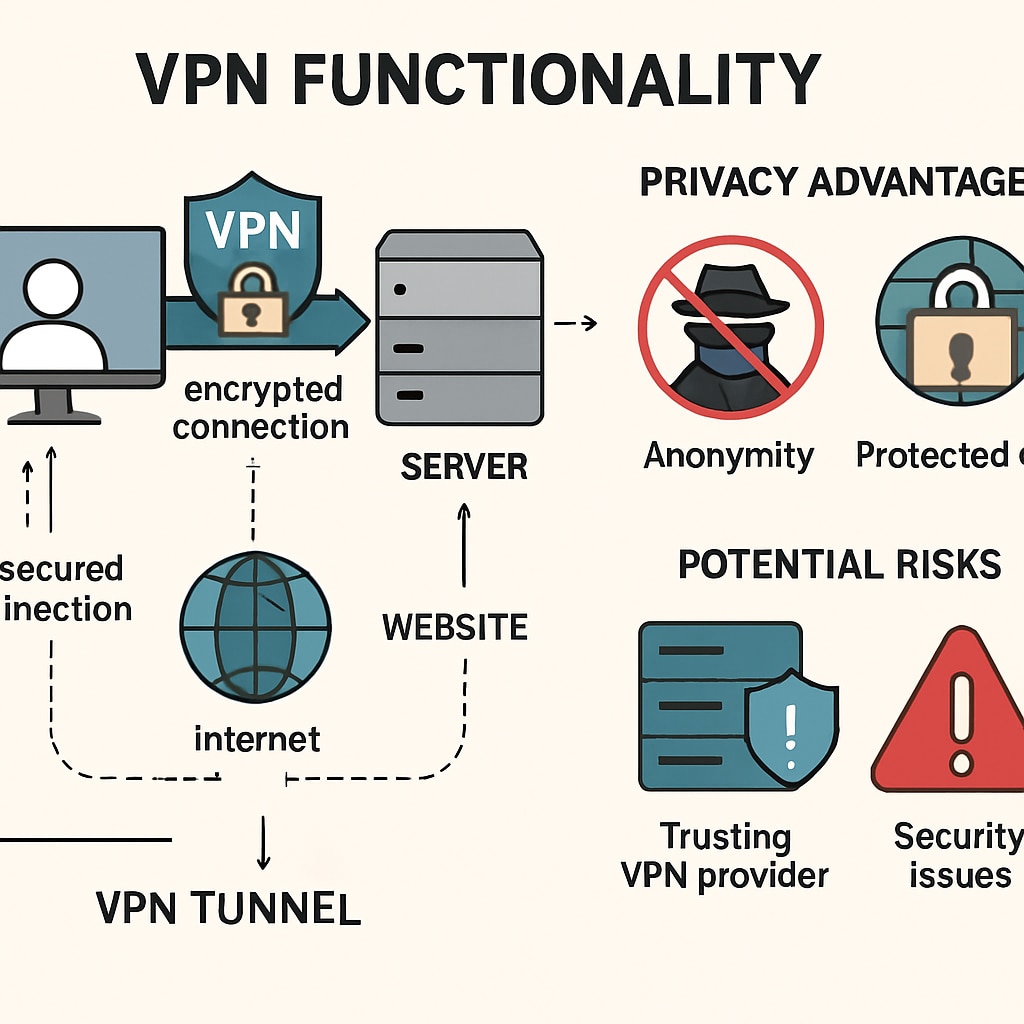The implementation of age verification policies in the UK has triggered a notable shift in online behavior. Designed to shield minors from inappropriate content, these regulations have inadvertently led to a spike in VPN (Virtual Private Network) adoption. This phenomenon underscores the critical importance of digital literacy education for K12 students globally, as they navigate the complexities of the internet.

The Age Verification Debate: Protecting Minors in a Digital World
Age verification policies aim to restrict access to adult content and ensure safer online spaces for minors. In the UK, these measures mandate platforms to verify users’ ages before granting access to specific websites or services. While the intention is commendable, the implementation has faced criticism for privacy concerns and technical challenges. For example, requiring users to submit personal information raises fears of data breaches, potentially compromising user trust.
As a result of these policies, many individuals—both adults and minors—have turned to VPNs to bypass restrictions. VPNs encrypt user data and allow access to geo-restricted content, making them an attractive option for those seeking anonymity or unfiltered internet access.
VPN Adoption: A Double-Edged Sword
The surge in VPN usage following the UK’s age verification regulations highlights both opportunities and risks. On one hand, VPNs empower users with greater privacy and security, protecting sensitive data from cyber threats. On the other hand, they can be misused to bypass safety measures, allowing minors to access harmful content.
K12 educators and parents face the challenge of addressing this growing trend. While VPNs can serve legitimate purposes, their misuse raises questions about how to balance online freedom with responsible internet use. This dilemma reinforces the need for digital literacy education, equipping students with the skills to make informed decisions online.

Lessons for K12 Education: Fostering Digital Literacy
For educators, the UK’s experience offers valuable insights into the importance of teaching digital literacy. It’s not enough to implement restrictive policies; students need guidance on understanding online risks, privacy concerns, and ethical behavior. Key areas of focus should include:
- Privacy Awareness: Teaching students the importance of protecting their personal information and being cautious about sharing data online.
- Critical Thinking: Encouraging students to evaluate online content critically and understand the consequences of bypassing regulations.
- Responsible Internet Use: Promoting ethical online behavior and fostering respect for digital boundaries.
By incorporating these elements into K12 curricula, schools can empower students to navigate the digital world responsibly. Internationally, the UK’s policies serve as a reminder of the delicate balance between regulation and education in ensuring safe online environments.
Global Implications of Age Verification Policies
The UK’s age verification framework also prompts broader discussions about global internet governance. Countries worldwide are grappling with similar issues, seeking ways to protect minors without infringing on privacy or freedom. Collaborative efforts among governments, tech companies, and educators could pave the way for more effective solutions.
Moreover, the rise in VPN adoption highlights the importance of cybersecurity awareness. As VPNs become more accessible, educating users on their pros and cons is essential for fostering a safer digital ecosystem.
Ultimately, the UK’s age verification policies remind us that technology alone cannot safeguard minors; education plays a pivotal role in shaping digital habits. By prioritizing digital literacy, we can empower the next generation to thrive in an interconnected world.
Readability guidance: This article uses short paragraphs and lists to convey key points effectively. Transitions such as “however,” “in addition,” and “as a result” ensure smooth readability. Passive voice is minimized, and long sentences are controlled for clarity.


